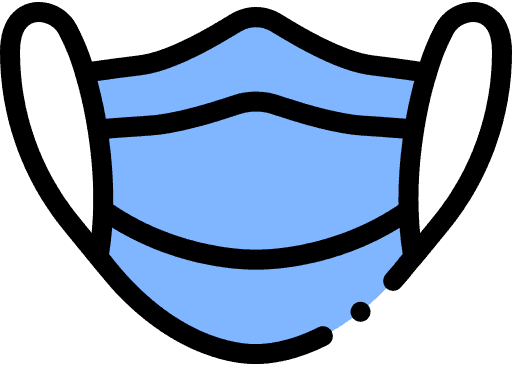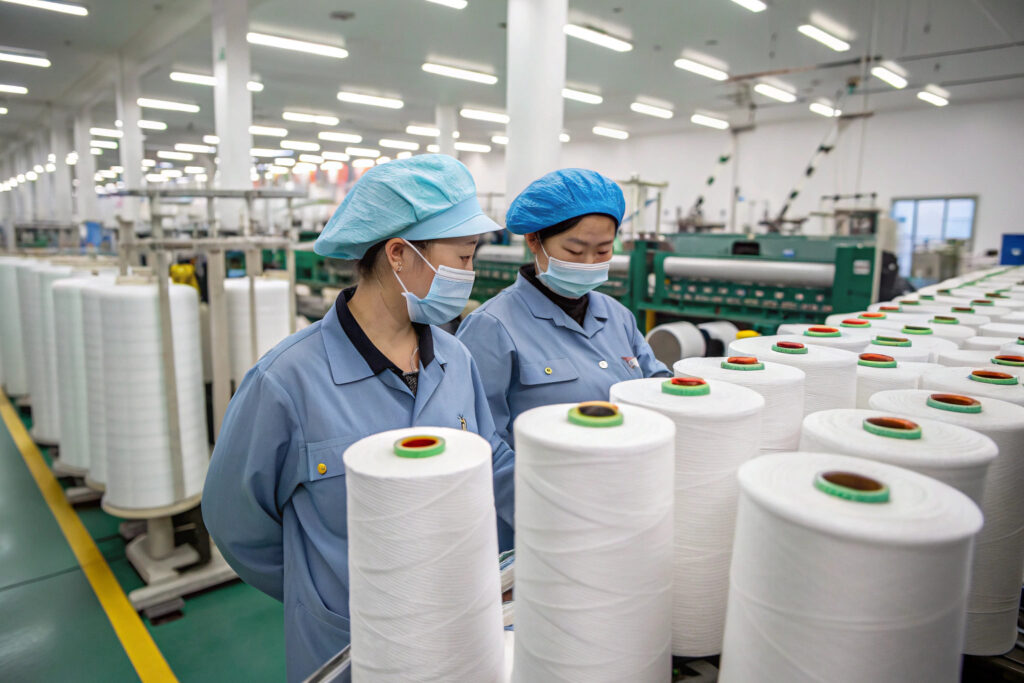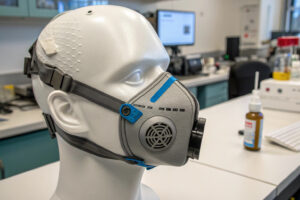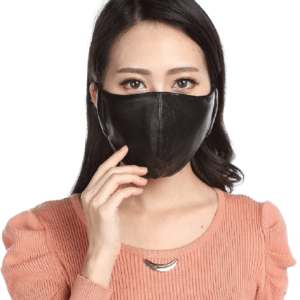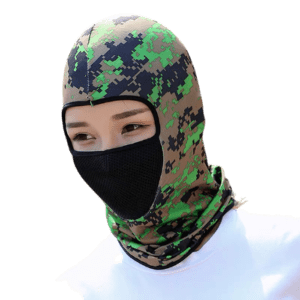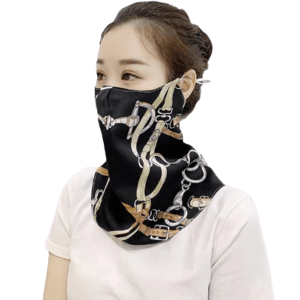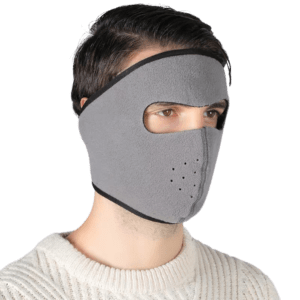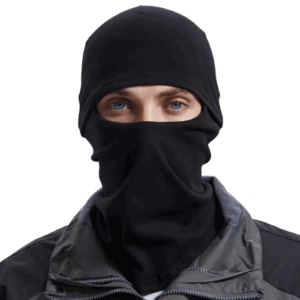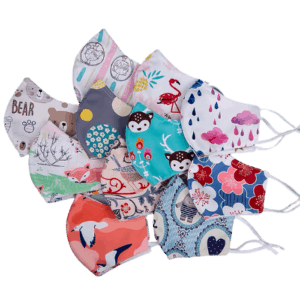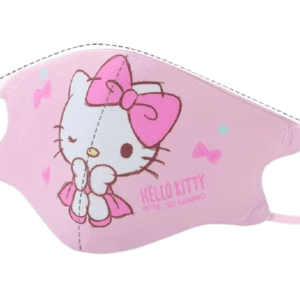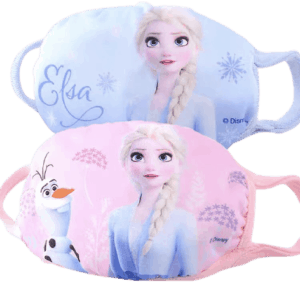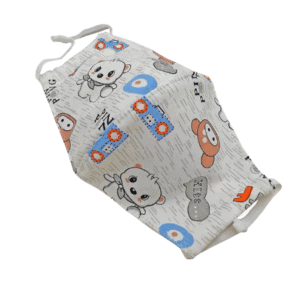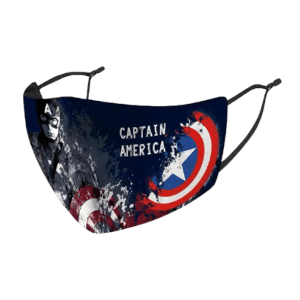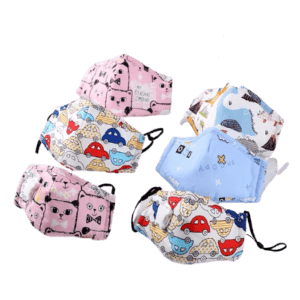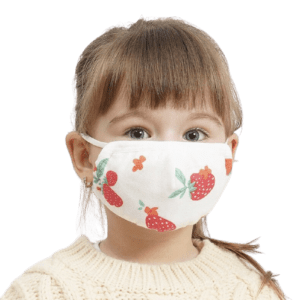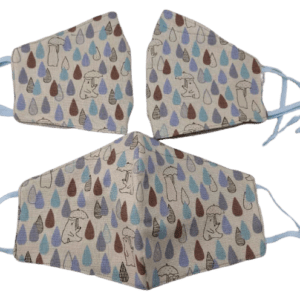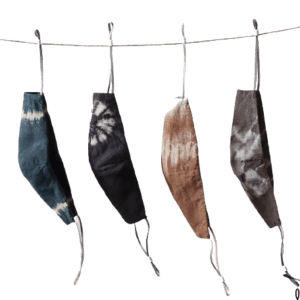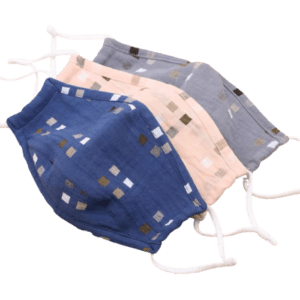The global demand for eco-friendly, reusable face masks continues to rise, especially in markets like the U.S. and Europe where both sustainability and function drive consumer behavior. As the founder of a fabric mask manufacturing company rooted in Keqiao, China’s textile capital, I’ve witnessed a major shift: buyers now ask not just how much but how sustainable.
Recycled materials are now among the most viable solutions for sustainable mask production, offering a balance between ecological responsibility, breathability, comfort, and compliance with safety standards. In this post, I’ll unpack key recycled fabric options, their performance attributes, and how we at Global-Caps implement them in real-world mask production.
As a factory owner, I know you’re not just looking for greenwashing labels—you’re looking for consistency, proof of testing, competitive pricing, and reliable sourcing. So let’s dive into the options that make recycled materials a smart choice for wholesale mask buyers like Ron from the U.S.
What Are the Most Common Recycled Fabrics for Masks?
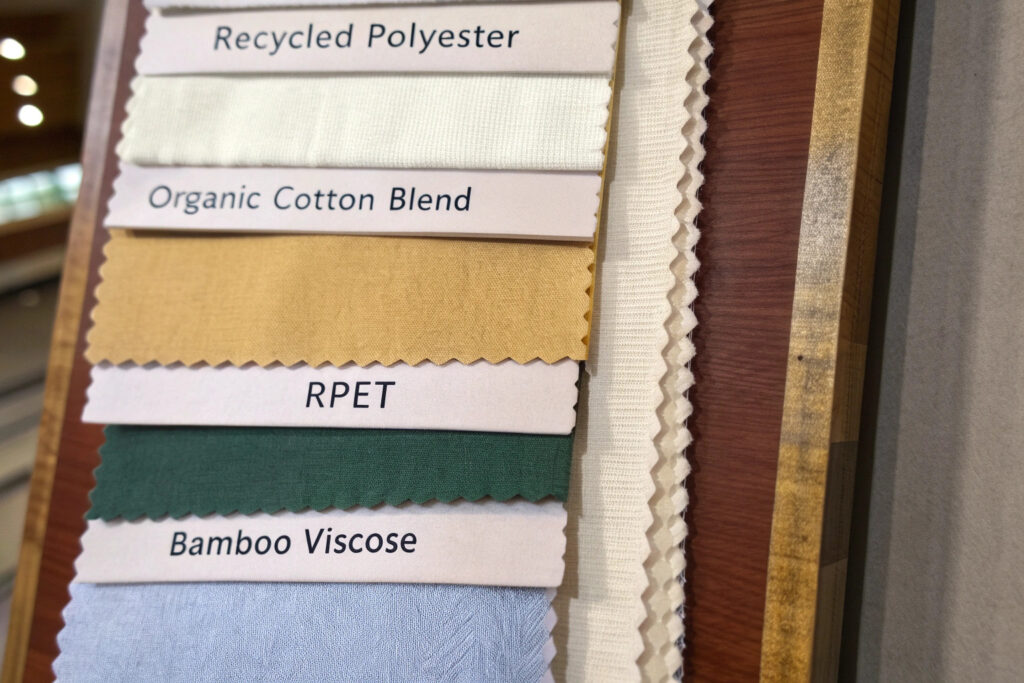
Why Is rPET Polyester Leading the Market?
rPET (recycled polyethylene terephthalate) comes from post-consumer plastic bottles and industrial PET waste. It's the most used recycled fiber in our sustainable mask production because it balances environmental impact with textile performance.
We source certified GRS (Global Recycled Standard) rPET yarns from trusted local mills. This fabric retains the softness, colorfastness, and stretch similar to virgin polyester. For clients like Ron in the U.S., who emphasize performance and traceability, rPET masks tick all the boxes.
Its benefits include:
- Strong moisture-wicking capabilities
- High durability for repeat washing
- Low environmental footprint (up to 75% less carbon emissions than virgin polyester)
Unifi’s REPREVE® is a globally trusted example of rPET yarn, which we've used for premium retail masks with logos.
Is Recycled Cotton Really Practical for Mask Use?
Yes, but with caveats. Recycled cotton (often pre-consumer or industrial textile waste) works best when blended with other fibers like rPET to improve strength and wearability. Alone, it may not meet the tensile or filtration requirements for commercial masks.
At our factory, we offer 60/40 rPET-cotton blend options to brands aiming for a soft hand-feel and natural look. For markets like Europe where low-impact dyeing and BSCI compliance matter, this is a great storytelling fabric.
How Do These Recycled Fabrics Perform in Real Life?
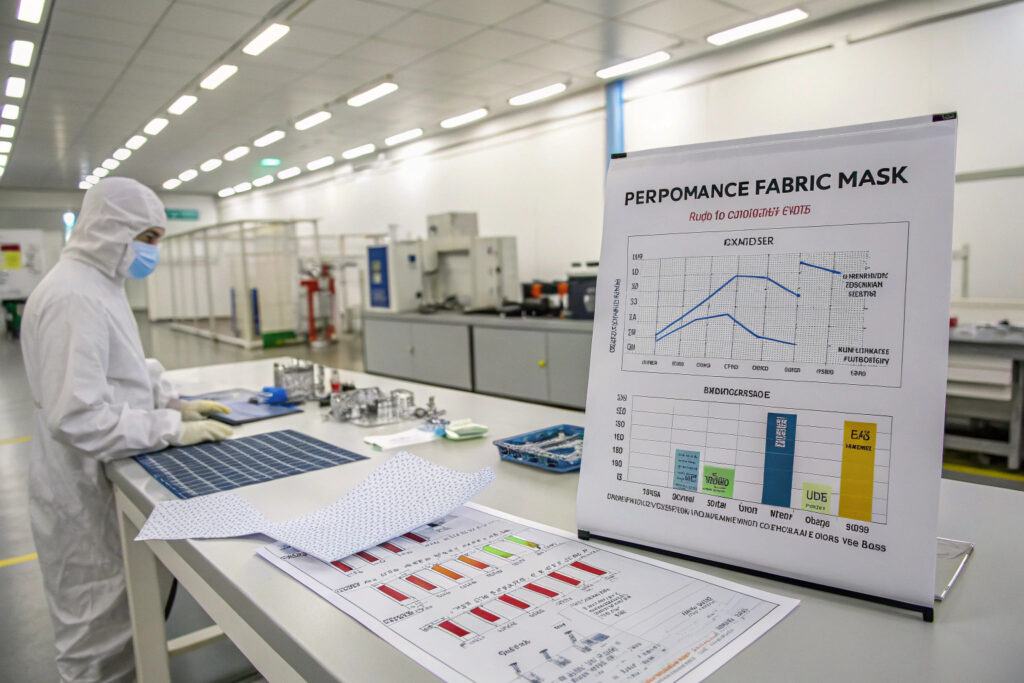
Can Recycled Materials Pass Breathability & Filtration Tests?
One major buyer concern is that recycled fabrics may underperform in safety metrics. But that’s not the case with properly engineered materials. We conduct in-house lab tests for air permeability, moisture absorption, and colorfastness, ensuring all recycled options meet the same standards as conventional ones.
For example:
| Fabric Type | Air Permeability (mm/s) | Colorfastness (Grade) | Shrinkage Rate (%) |
|---|---|---|---|
| rPET Interlock Knit | 180 | 4-5 | <2% |
| rPET-Cotton Blend | 150 | 4 | <3% |
| Bamboo Viscose Mix | 170 | 3-4 | <4% |
We integrate QR code batch tracking for every bulk order, which clients can scan to retrieve lab results instantly—a feature appreciated by importers needing data for customs or CE declarations.
Do Recycled Fabrics Handle Odor and Moisture Well?
Absolutely. Many buyers, particularly in the sports and fashion sectors, request odor-control and sweat-absorbing masks. Our antimicrobial-treated rPET is embedded with silver-ion technology, verified through third-party SGS testing. It resists bacterial growth and neutralizes smells even after 20+ washes.
Bamboo viscose, another eco-option, is naturally anti-bacterial and ultra-absorbent, though more suitable for boutique or comfort-focused collections than large-scale utility use.
Are Certifications Important for Recycled Fabric Masks?

What Are the Top Certifications Buyers Should Require?
Certifications aren’t just fancy logos. They protect both buyer and seller in cross-border trade. We ensure our recycled fabric masks carry:
- GRS (Global Recycled Standard) – Verifies recycled content, supply chain, and environmental practices
- OEKO-TEX® Standard 100 – Tests for harmful substances in textiles
- BSCI / Sedex / WRAP – Factory social compliance for major brands
If you're importing to the U.S. or EU, lacking these could trigger delays or rejections at customs. Our clients, including Amazon FBA sellers, benefit from our digital certificate archive to speed up listing approvals.
How Do We Digitally Validate Certifications for Clients?
All our certificates are indexed and accessible through your client dashboard. You can download PDF scans of each certificate linked to PO numbers. This transparency builds trust and smooths QA or customs processes.
Plus, we integrate blockchain-enabled traceability upon request—ideal for premium buyers or partners needing bulletproof ESG credentials like those sourcing for UN SDGs.
What Are the Sourcing and MOQ Strategies?
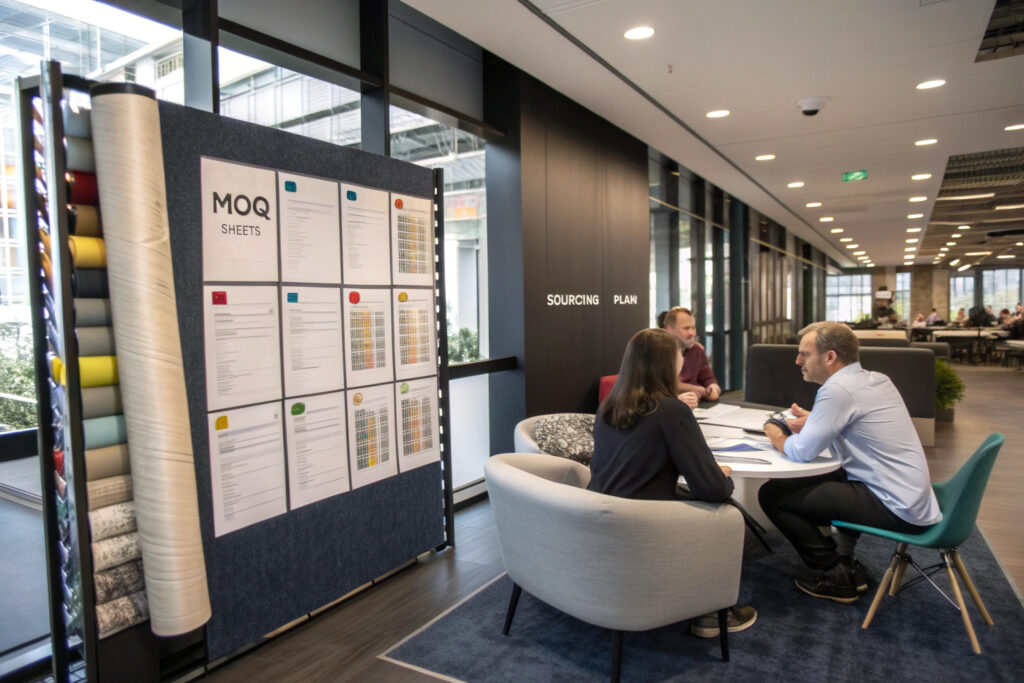
What’s the MOQ for Recycled Fabric Mask Orders?
Recycled materials often come with higher base MOQs due to yarn batch sizes. But we’ve optimized small-batch production for both custom sampling and low-volume trial runs.
Our MOQ chart for common sustainable fabrics:
| Fabric Type | MOQ (units) |
|---|---|
| rPET Interlock | 2,000 |
| rPET + Cotton Blend | 3,000 |
| Bamboo Viscose Blend | 1,500 |
We offer MOQ combination services, letting buyers split across colors or add-ons like ear savers, lanyards, or nose wires. This reduces risk and helps test market reactions.
Learn more about flexible production models for accessories from certified vendors.
Can Buyers Customize Fabrics While Using Recycled Yarn?
Yes. Our dyeing partners in Shaoxing specialize in low-impact dyes that work with recycled yarns. You can still choose Pantone-matched colors, digital prints, or embossed logo textures—even with eco-fabrics.
If you want to stand out in 2025’s eco-mask market, offering “recycled + customized” is the winning combo. Our design team delivers tech packs within 3-5 days, with AI-powered trendboards aligned with WGSN seasonal data.
Conclusion
Recycled materials are no longer fringe options—they’re fast becoming the standard for mask buyers who care about the planet and performance. Whether it’s rPET, blended cotton, or bamboo viscose, these fabrics offer both eco-value and commercial scalability. But to truly leverage them, you need a partner who understands certifications, customization, compliance, and production speed.
At Shanghai Fumao, we don’t just produce masks—we co-create long-term success for your sustainable brand. If you’re ready to develop your next eco-conscious fabric mask collection, feel free to contact our Business Director Elaine at elaine@fumaoclothing.com. She’ll walk you through sampling, certifications, and delivery timelines step by step.
